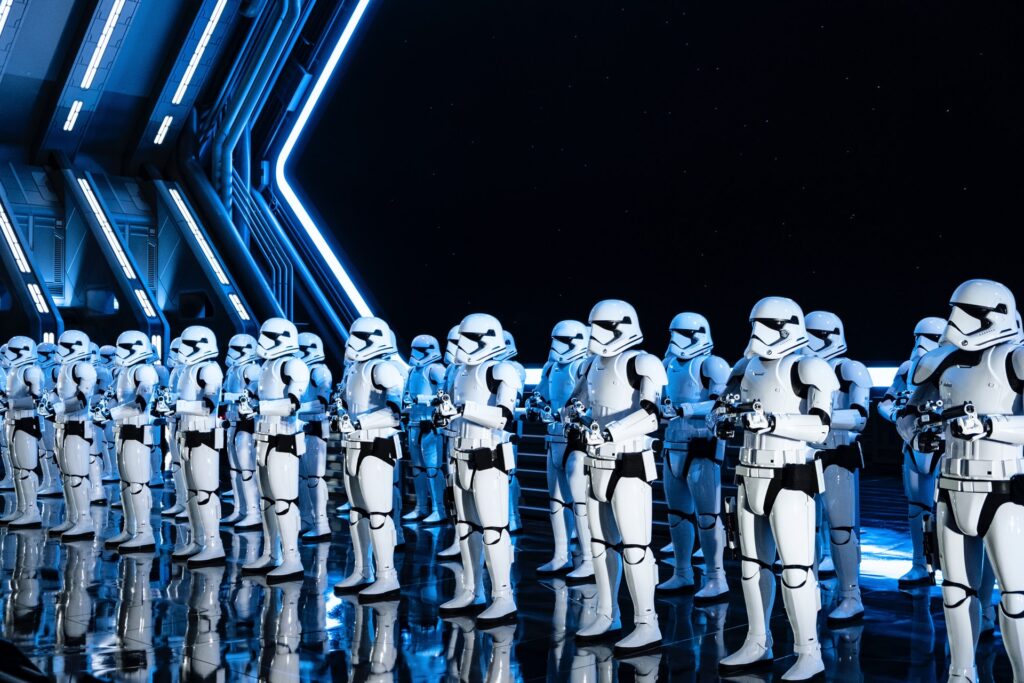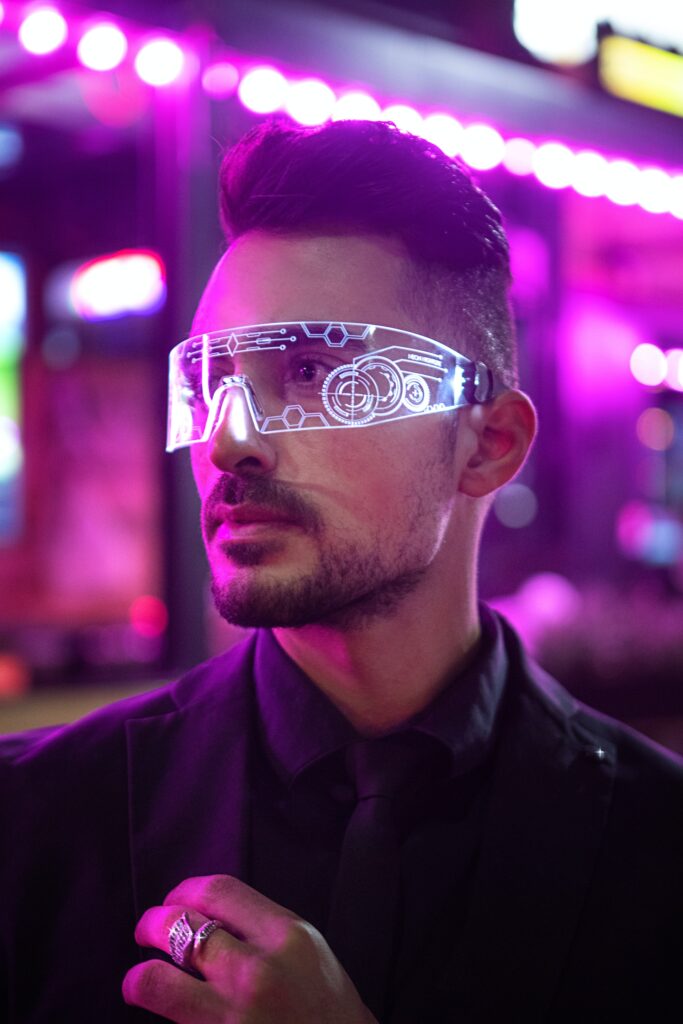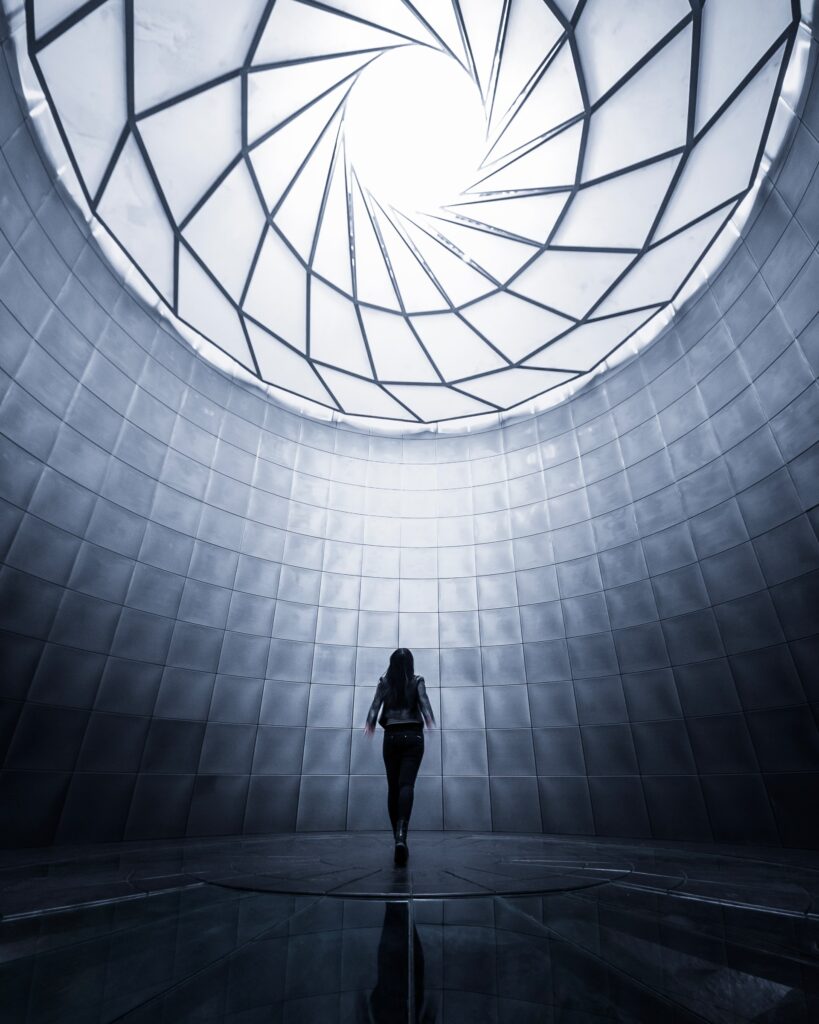Why smart people are scared of the future progress of AI?
The next big question is: Should you be scared?
Even If you have no interest in AI, it’s still an interesting topic.
Prepare yourself to be blown away.
The AI revolution is a story mixing fear, science fiction, big promises, and serious threat.
You’ll learn what the future could be and why we are hard to replicate.
Myth or reality, the AI story won’t let you indifferent.
Why AI is scary?

IBM supercomputer Deep Blue defeated the world chess champion Garry Kasparov.
We can call Deep Blue a primitive AI.
It won thanks to its storage capacity of previous chess games. It didn’t bring anything new.
That was in 1997.
In 2016, so in less than 20 years, AlphaGo defeated Lee Sedol.
The Go game is more complicated than chess.
This time, the new AI showed creative moves that players have never thought of them.
This is the scary part about artificial intelligence: exponential growth.
What took humans million years to figure out, AI is learning it in decades.
Based on this assumption, we assume artificial intelligence will evolve into an artificial superintelligence.
The Oxford philosopher Nick Bostrom defines superintelligence as “an intellect that is much smarter than the best human brains in practically every field, including scientific creativity, general wisdom, and social skills.”
Besides the habitual fears of mass unemployment and putting the power of AI in the wrong hands, the rapid progress of AI raises the question:
Will AI outsmart us and turn us into obsolete creatures?
The need for a brain optimization
People like Stephen Hawking and Elon Musk warned artificial intelligence could end mankind.
To understand their concern, we need to explain the term ‘singularity’.
The concept of “singularity” was popularized by Vernor Vinge in 1993.
In his essay ‘The Coming Technological Singularity’, Vinge explains his hypothesis.
The technology will keep growing to the point it gets out of hand.
As a result, our human civilization will be greatly disrupted.
Intelligence explosion could bring this scenario to life.
Rapidly, AI will self-improve in cycles to reach superintelligence. It’s a stage that far surpasses our intelligence.
Now you understand why Elon Musk wants to implant a computer interface in your brain.
As AI is getting smarter, others are looking for ways to amplify human intelligence.
It ranges from genetic engineering to nootropic drugs. Many are just speculations for the moment.
Now, a question comes to mind: Is this scenario of AI domination plausible?
What AI can do and what it cannot

If you want to fall in love with human intelligence, learn about the challenges AI is facing.
It’s not that easy to copy the human brain.
You might be surprised at what AI finds difficult.
AI can beat us in chess or make impossible calculations, but it can’t recognize a dog from a cat in a picture!
What constitutes the daily life of humans is extremely hard for AI to replicate. Things like vision, motion, perception, or dealing with ambiguity.
The computer scientist Donald Knuth summarized well the problem of AI:
“AI has by now succeeded in doing essentially everything that requires ‘thinking’ but has failed to do most of what people and animals do ‘without thinking.'”
In an HBR article, Andrew Ng, the co-founder of Google Brain, highlights what AI can do today.
Most AI progress evolves around supervised learning.
You give some data input (A) and you get a simple response (B).
For example, photo tagging requires to show pictures (A) and ask the question: are there human faces? The response (B) is yes or no.
To get this simple response, you need to show a thousand examples of A and B.
Without a doubt, humans are capable of more than A–>B.
So why we feel threatened by artificial intelligence?
Human Intelligence vs Artificial Intelligence
In biology, intelligence can be measured by your capacity to resist eradication.
In this case, rats are as intelligent as humans.
Both can survive in a hostile environment. But AI cannot.
So, we can consider AI behind in intelligence in this domain.
It’s a mistake to consider intelligence as a single dimension.
Wired tackled this misconception in the article The Myth of Superhuman AI.
You’ll find representations of intelligence in one line. In one extreme, we place animals followed by humans.
In the other extreme, artificial intelligence stands alone far away from any creature.
The truth is there’s no way to measure intelligence right now.
Artificial and animal intelligence exceeds ours in certain domains. And we surpass both of them in others.
We are different. So, it’s hard to compare different ways of functioning.
We think with our mind, heart, and gut. Our whole body is a thinking machine.
If we accept that AI is smarter than us, it makes sense to want to catch up with it and optimize our brain.
But if it’s not the case, we can leave to AI what it does well and focus on what we do well.
Google exceeds our capacity for memorization. Is it a reason to turn our brains into Google-style storage?
Final thoughts

The famous hacker hunter Clifford Stoll said:
Data is not information
Information is not knowledge
Knowledge is not understanding
Understanding is not wisdom.
As smart as AI gets, we will still need wise people to make proper use of it.
Without wisdom, artificial intelligence can be more harmful than any technological advancement we’ve made.
Humans are so attached to life that I’m confident in their survival instincts. Artificial superintelligence can’t eradicate them.
While the scientific era removed the soul as one of our components, I feel like the age of AI will reduce humans to their brains.
“Optimize your brain” could be the slogan of the future.
And we could respond to that: optimization is for robots.
Humans are inefficient by definition.
This is how they’re doing all their breakthroughs. They experiment, take risks, and fail.
Optimizing means they won’t try anything new unless they are 100% sure it will work.
After we did some speculations about the future, the next question is: what can we do now?
If you’re working on AI projects, seek the ones that benefit the masses and that solve more problems than it creates.
If you’re not, be ready for what’s coming. Develop the skills that will be needed.
And above all, avoid competing with artificial intelligence .
Article posted the 10 January 2021

